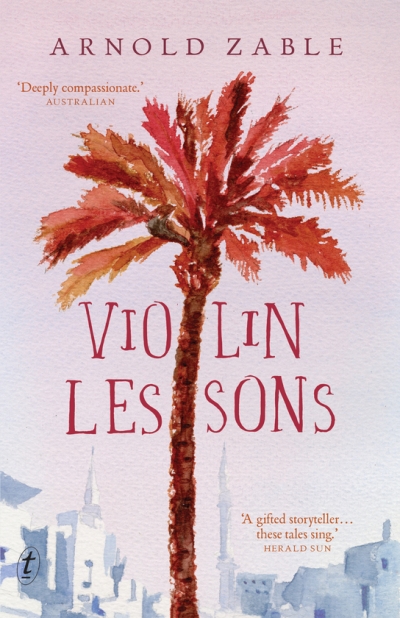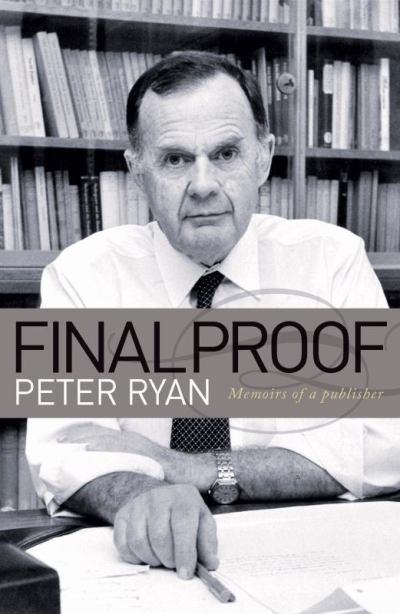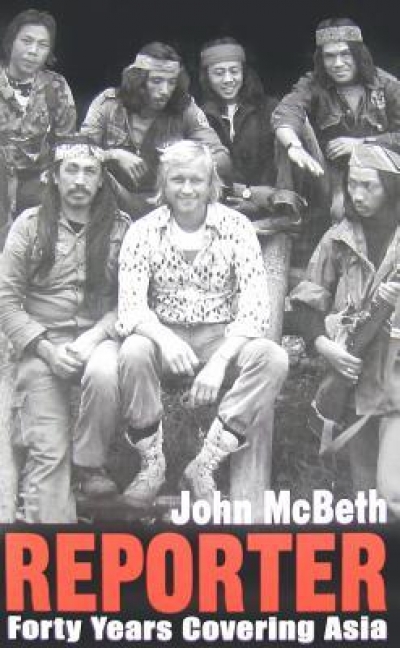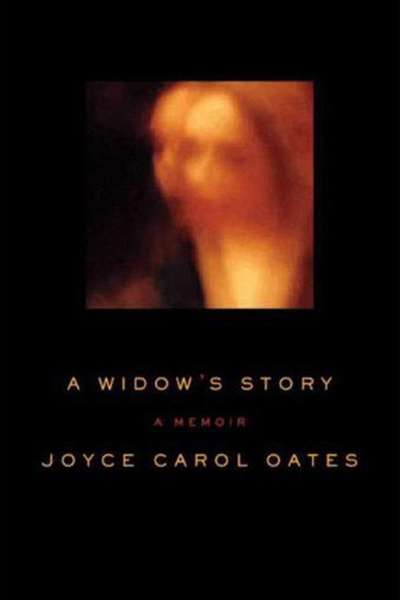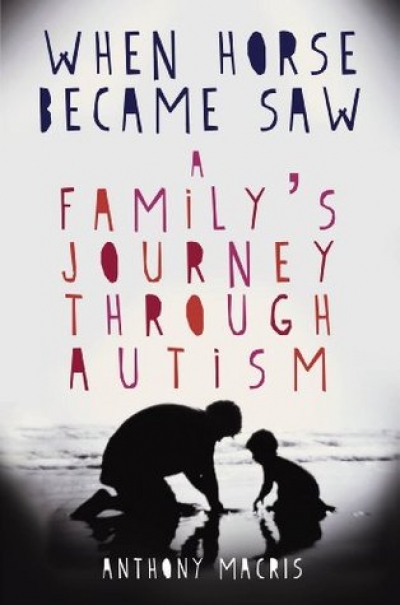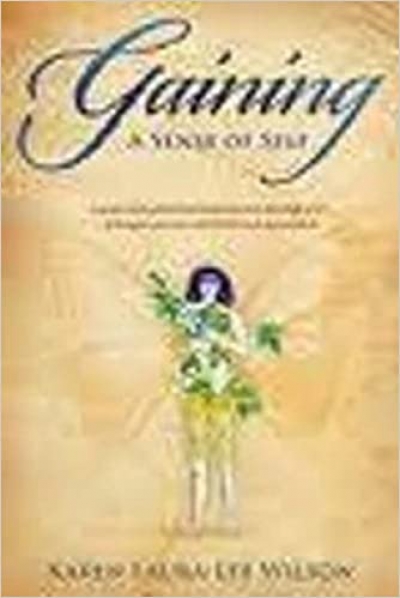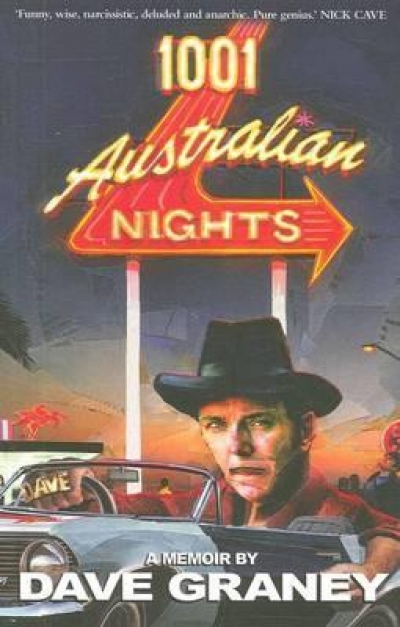Memoir
My husband is proud to claim that in the 1950s, when they were both employed at Covent Garden, he was paid a larger salary than Joan Sutherland was. Fresh from Sydney, she had joined the company in 1952, and was soon appearing in small roles, including Clotilde, opposite Maria Callas’s Norma. This was followed by several years of steady progress and major roles (Agathe, Antonia, Micaela), but no great public success. My husband watched Joan’s progress from the beginning of her time and realised, as did others, that here was a great singer in the making. Then, in February 1959, Sutherland, directed by Franco Zeffirelli, made her triumphant début as Lucia di Lammermoor, and everything changed dramatically, including her fees.
... (read more)Reporter: Forty Years Covering Asia by John McBeth
When Horse Became Saw: A Family’s Journey through Autism by Anthony Macris
‘Who do you think you are?’ an eminent paediatrician once thundered at me across a child’s cot during his weekly grand ward round. ‘Anton Chekhov?’
... (read more)
